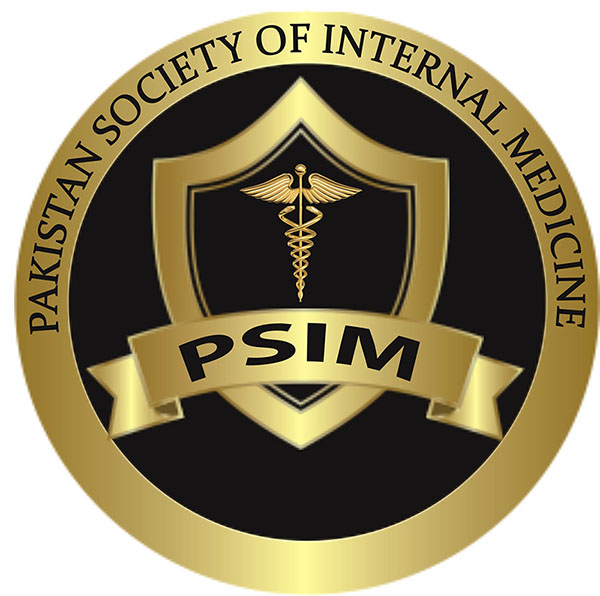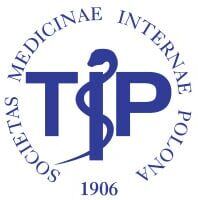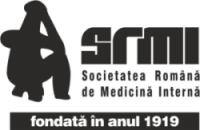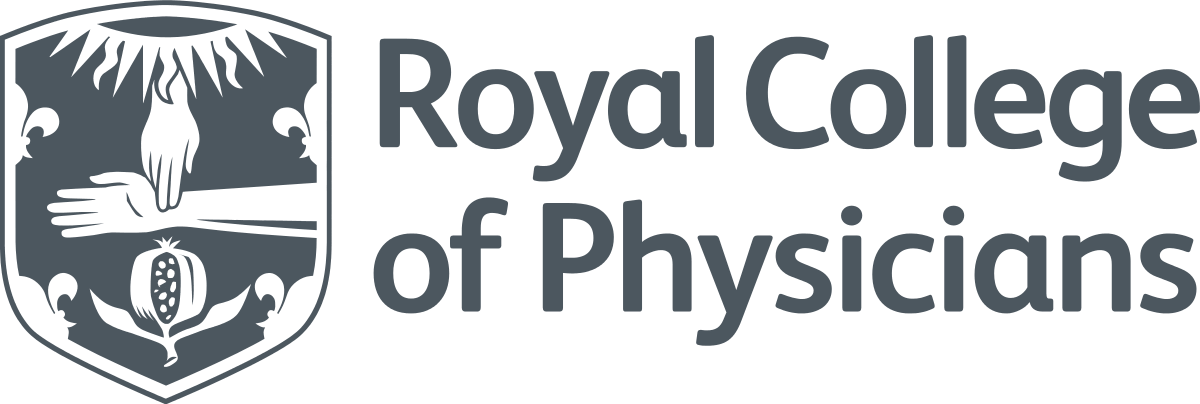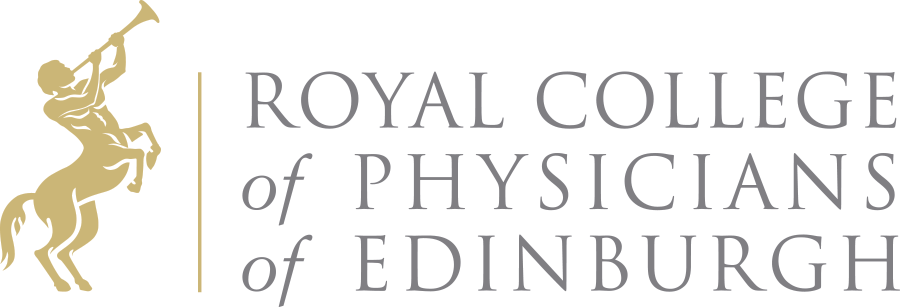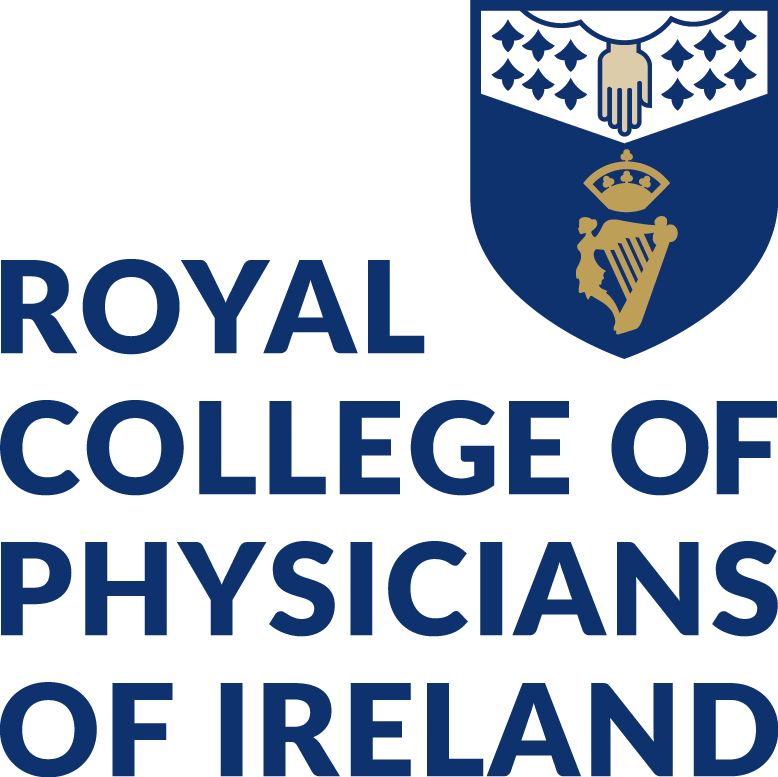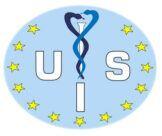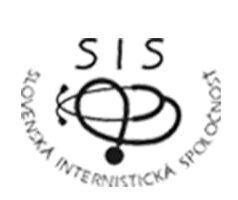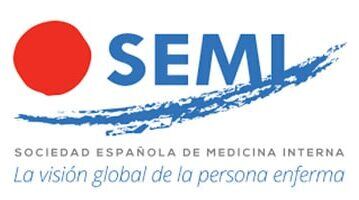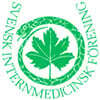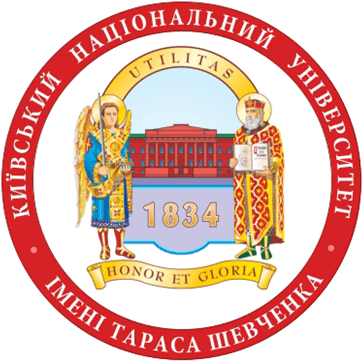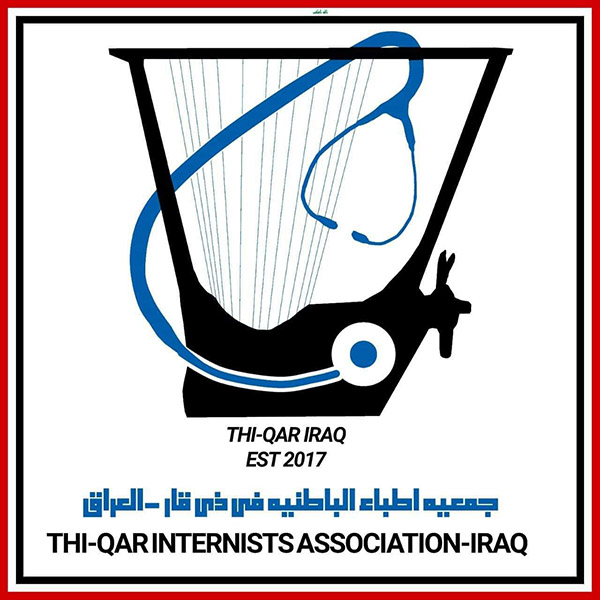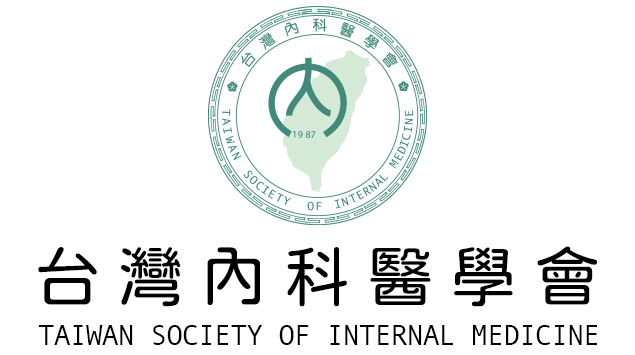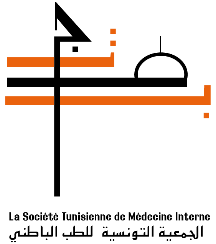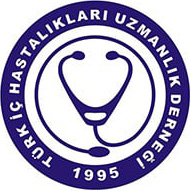Poster Presentations

Argentina
Ana Gabriela Marquez Perez
Beyond the bone marrow: Bilateral orbital plasmacytoma as an atypical presentation of multiple myeloma
Azul Lanzillotta
Beyond the usual suspects: Unraveling a case of IgG4-related disease
Camila Rodriguez
When the peritoneum surprises: Peritoneal lymphomatosis in a patient recently diagnosed with HIV
Ezequiel Pablo Libovich
Primary hyperparathyroidism and thromboembolic disease, an uncommon association
Gonzalo Heras
A wolf in sheep’s clothing: Genital tuberculosis simulating obstetric sepsis
Martín Leonardo Gil Folgar
A tanned vampire
Víctor Rolando Rocha
Thrombotic microangiopathy and atypical uremic syndrome secondary to dengue infection

Belgium
Sven L. Van Laer
Steamy holiday: Relaxed mind, but a nasty fever?

Canada
Nayla Léveillé
An inflammatory puzzle: How to link scleroderma, MPO antibodies and Q fever
 Chile
Chile
Juhi Datwani
Disseminated yet elusive: Cryptococcus neoformans with a negative antigen puzzle
Maria Mosqueira
A portal to the unknown: A unique case of portal hypertension without cirrhosis
Sebastián Chávez
Hypercalcemia, a diagnostic puzzle: The role and potential biases of AI in a challenging case

Croatia
Alojzije Lacković
Portal vein thrombosis with cavernous transformation in a patient with secondary myelofibrosis: A complex case of portal hypertension and hematological complications
Ema Somen
Acute pancreatitis caused by hemobilia following liver trauma
Nikola Colovic
An unusual case of dyspnea in the sea of respiratory infections and acute COPD exacerbations in winter 2025
Tina Herljević
Sometimes it is not how it initially seems

Czechia
Christian Szabó
A headache that made us think twice
Dieu Mi Bui
Severe case of diarrhoea - Pharaoh’s revenge
Martin Pehr
Osteopenia and hypercalcemia as a presentation of ectopic parathyroid adenoma
Michal Svoboda
Cardiac arrest caused by pulmonary embolism. Catheter-directed treatment as lifesaving procedure?
Natalie Grosup Friedova
Corn starch in the therapy of paraneoplastic hypoglycemia
Ondrej Santavy
Of lumps and men
Roman Dohnal
A complicated journey from the spine to the correct diagnosis – case report

France
Clara Cheung
The great glucose heist: Hypoglycemia beyond the pancreas
Hanaë De Vecchi
One purpura may hide another
Khadidja Abdelhamid
Paraneoplastic lupus syndrome

Hungary
Brigitta Szolga
Post-gastric bypass hyperinsulinemic hypoglycemia
Gábor Iványi
Synchronous parathyroid carcinoma and papillary thyroid carcinoma 41 years after irradiation of the neck
Krisztián Birtalan
What kind of celiac disease is this? Refractory celiac disease
Noémi Hajdú
The octopus fisherman and the endocrinology
Noemi Tari
Food impaction and eosinophilic esophagitis
Tamás István Nagy
End organ damage reversed with complement inhibitor treatment

India
Anusha Hegde
The great masquerader strikes again! Neurosyphilis presenting as general paresis of insane and stroke like syndrome: A case report
Chandana Kumara Sai Jannu
Unmasking anti-synthetase syndrome: When ILD takes the lead

Ireland
Clare O’Brien
When all is not what it seems
Louise Ward
Acute ischaemic stroke due to carotid web presenting to a model 3 hospital

Israel
Ahmad Raiyan
Chronic diarrhea from another point of view

Latvia
Karlis Kleimanis
Uncharted waters: PTH as a lighthouse in the diagnosis of dual primary tumors
Marta Persana
When a family argument goes wrong

Poland
Agnieszka Jarosińska
1.5 in a million – acquired hemophilia A in an 85-year-old male
Anita Wach
The rheumatologist’s gambit in treating ankylosing spondylitis and DRESS syndrome
Joanna Kula
Villous adenoma of the bile ducts - a long and winding road for making the diagnosis
Krzysztof Proc
Eosinophilic granulomatosis with polyangiitis with involvement of the lungs and heart
Magdalena Płonka-Stępień
“Differential diagnosis in diabetes can be difficult” – the first case of digenic maturity-onset diabetes of the young (MODY) with compound heterozygosity of severe mutations in the PDX1 and HNF1B genes
Maria Komisarz-Calik
Severe thromboembolic sequels after effective treatment of hypercortisolemia in a patient with an ACTH-independent Cushing syndrome
Maria Królikowska
Can car keys break your heart?
Marta Skoczynska
TB or not TB – the clinical context must give us pause
Martyna Kurcz
In medicine, there are no shortcuts – infective endocarditis
Miłosz Knura
Electrolyte enigma and the mystery of hyperaldosteronism: A case of self-induced dysregulation
Monika Budzich-Napiwodzka
MiNEN of the pancreas: A dangerous adversary with two faces – case report and review of clinical-pathological characteristics
Monika Tomaka-Burdziak
The invisible cage: A story of cardiac constriction
Olgierd Dróżdż
De novo type 1 diabetes in a patient with lupus nephritis treated with steroids and a history of proximal venous thrombosis – a case report

Portugal
Maria João A. Barbosa
Connecting the dots: A scleroderma-polymyositis overlap syndrome case

Slovakia
Jana Macáková
Various symptoms of peripheral arterial disease in one patient – when the blood pressure increases and the weight decreases
Lucia Mihaľovová
What was hidden behind a severe hypercalcemia?
Simona Pavukova
With ibuprofen to external cardiostimulation
Zuzana Miertová
Semaglutide in treatment of obesity in non diabetic patient after kidney transplantation

South Africa
Rowan Nelson
Successful rechallenge of a rifamycin in rifampicin induced thrombocytopenia: A case report

Tunisia
Wiem Helali
Scurvy: Age-old disease, new understandings

Turkey
Betul Yilmaz
Aseptic abscess syndrome: A unique case of splenic involvement and systemic inflammation
Ferhat Can
Sarcoidosis, tuberculosis, or IgG4-related disease? A diagnostic dilemma in the overlapping spectrum of granulomatous disorders
Nazlı Pelin Kırkayak
A rare case of multicentric hyaline vascular type Castleman disease presenting with hepatobiliary obstruction
Nur Beyza Tukek Kilicaslan
Unmasking mucormycosis: A deadly cause of vision loss in uncontrolled diabetes
Ruveyda Silay
Rapid progress in multiorgan involvement amyloidosis

Ukraine
Oksana Faiura
Have you ever caught a chameleon?

United Kingdom
Zhi Tian Chen
Acute kidney injury: A challenging case during on-calls
Digital Posters

Algeria
Enfal Silini
Beyond the obvious: An atypical immune-mediated syndrome in an elderly patient
Mohamed Redha Berrim
When incense use becomes fatal: The first reported case of DRESS syndrome triggered by incense, successfully treated with cyclosporine after relapse under corticosteroids
Nazli Elayadi
Autoimmune myelofibrosis: A rare but serious condition
Ramzi Brik
Autoimmune encephalitis: A diagnostic challenge in the setting of multisystem autoimmunity

Argentina
Cecilia Gallo
Anti-myelin oligodendrocyte glycoprotein antibody associated disease (MOGAD) with acute disseminated encephalomyelitis (ADEM) phenotype following a primary Epstein Barr virus (EBV) infection
Florencia Liliana Garcia
Apropos of dementia

Bangladesh
Chowdhury Adnan Sami
A misleading UTI: When culture-negative pyuria hides something more
 Chile
Chile
Dominga García
A testicular mass with a twist: From malignancy to polyarteritis nodosa

Colombia
Juan David Salazar
Facing Koch’s shadow: A battle against drug-resistant tuberculosisa

Hungary
Márton Kalabay
An interesting case of HIV-associated infectious disease
Peter Turai
Normouricemic gout: The role of lubricin
Zsófia Turgonyi
Thymoma-associated paraneoplastic gastroparesis – a case study

India
Akash Paruthi
Extensive metameric involvement in a case of Cobb syndrome presenting as compressive myelopathy
Prem Thilak Palani
Heart-breaking: A devastating manifestation of an overlap syndrome
Vaibhav Agarwal
Connecting the dots

Israel
Alon Porat
An unusual late presentation of systemic BCG infection

Lithuania
Kristina Ziuteliene
Nodule, nodule on the arm, who’s the abominable of them all? A case report of a local dirofilariasis in Lithuania

Mexico
Ixchel Kenia Martínez Velo
Headache secondary to neurosyphilis
José Luis Cambron Jimenez
From silent clots to neuropathy: A delayed diagnosis of pernicious anemia

Pakistan
Aimal Khan Afridi
Beyond the gut: Enteric fever leading to acute myocarditis
Ramsha Abid
Beyond the rash: Case of varicella induced kidney injury
Romail Shahid
Thyroidectomy’s ripple effect: The Fahrs fallout
Wardah Mohsin
Discerning etiology of refractory hypertension in a young female

Poland
Aleksandra Pilśniak
When first impressions lead in the wrong direction – a spectacular presentation of facial erysipelas

Singapore
Isaac Ng
Does this ring a bell? An unusual case of idiopathic peripheral facial nerve palsy with CSF VZV positivity

Slovakia
Peter Kromka
A slimmer waist but a hazy mind: A case of Wernicke encephalopathy following bariatric surgery

Tunisia
Oumaya Ben Hamda
When clots meet cells: A rare case of acute lower limb ischemia revealing acute promyelocytic leukemia – the unseen link
Sirine Saadaoui
Diagnosis of Erdheim-Chester disease following a traumatic injury: Atypical mode of onset!

Ukraine
Nazar Negrych
Guillain Barré syndrome in a patient with multiple sclerosis on the background of immunosuppressive therapy: A case report

United Arab Emirates
Mahra Almheiri
Meningococcal bacteremia presenting as acute pericarditis: A rare clinical challenge
Sara AlKhemeiri
Unrecognized transfusion-transmissible malaria in a non-endemic setting: A case report

United Kingdom
Ashrit Chohan
Smith-Kingsmore syndrome: An unusual complication

Urugway
Paula Ramirez
Caged heart: A case of tuberculous constrictive pericarditis
Meet the Reviewers
Review Board responsible for evaluating all accepted submissions and selecting top 20 for the Young Talents Finals
Dr Akbar Panju
MB, ChB, FRCPC, FRCP(Edin)
FRCP(Glasg), FACP
McMaster University, Canada
Dr Roman Jaeschke
MD, MSc, FRCPC
McMaster University, Canada
Dr Adri Kok
MBBCh, MMed, FCP (SA), DipPEC (SA), FACP
International Society of Internal Medicine, South Africa
Dr John G. Kellett
MD
European Journal of Case Reports in Internal Medicine, Denmark
Dr Piotr Zaborowski
MD, PhD
Polish Society of Internal Medicine, Poland
Dr Rebecca W. Opole
MD, FACP
American College of Physicians, USA
Dr Reinold Gans
MD, PhD
European Board of Internal Medicine, the Netherlands
The submission period is now closed.
The results of the top 20 ranked case reports for the 2025 Young Talents Finals
will be announced on April 1.
Alerts and notices
Super short description about this feature but definitely not lengthy enough for a page. But maybe this one needs to be a little bit longer than the others.
The submission deadline has been extended!
Submit your case report by
February 28, 2025, at 23:55 CET
Alerts and notices
Super short description about this feature but definitely not lengthy enough for a page. But maybe this one needs to be a little bit longer than the others.
Explore the Best Clinical Cases of 2024
Supported by
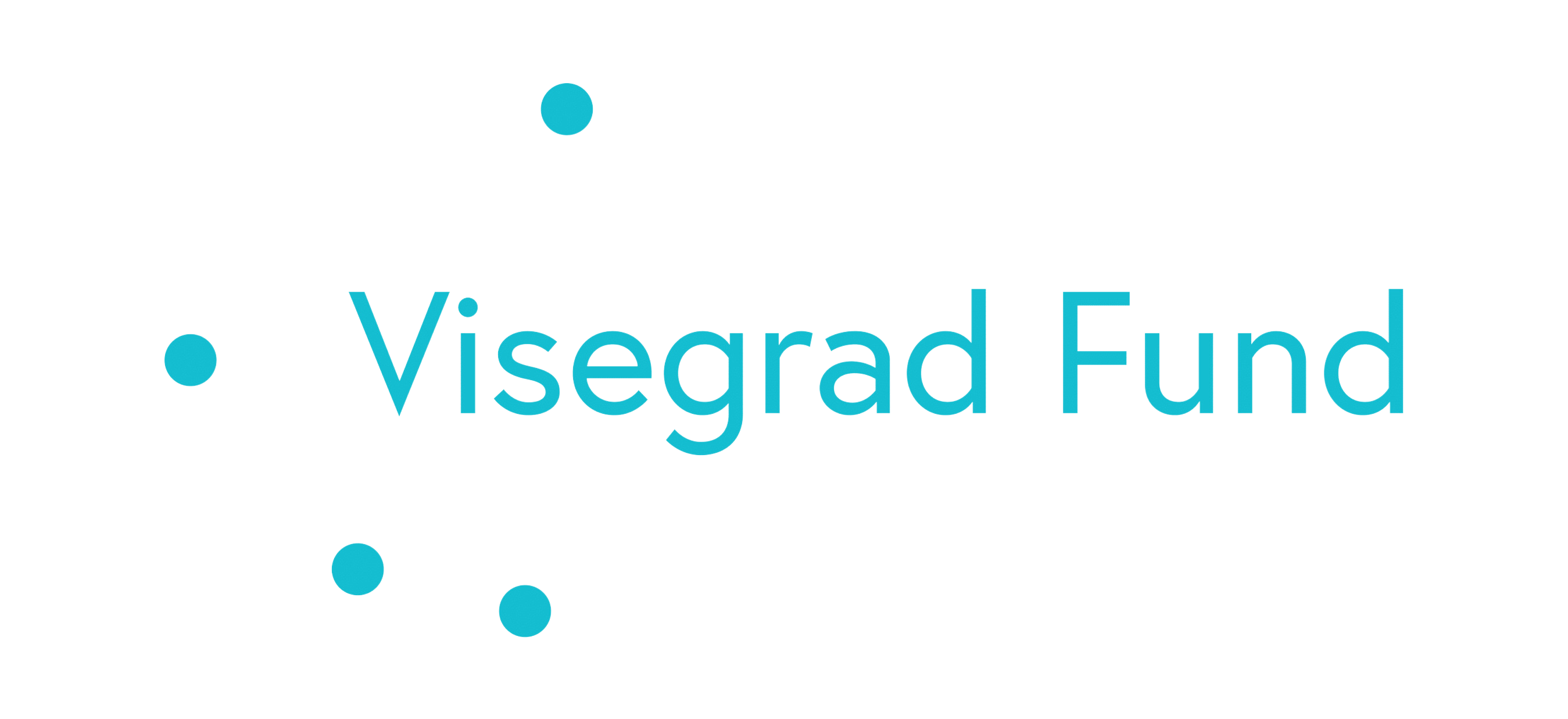

Over 80 case reports from 19 countries
Video presentations and digital posters
Surprising findings, valuable insights, take-home messages
Submit your case report by 20 February 2026!
Timeline
SEPTEMBER, 2025
National preselections start
NOVEMBER 3, 2025
Submission system opens
FEBRUARY 20, 2026
Deadline for submissions (case report abstract)
APRIL 1, 2026
Announcement of the results for Grand Final and Peer Award Specialty Finals presentations
APRIL 24, 2026
Deadline for uploading posters and slide presentations
MAY 7-9, 2026
Young Talents Finals
Presentations and Award Ceremony
AWARDS
| IN-PERSON | ||||
| Grand Final | 1st place |
2nd place |
3rd place |
|
| Money prize |
€1000 |
€600 |
€400 |
|
| Diploma |
||||
|
Publication in Polish Archives of Internal Medicine |
||||
|
Free accommodation (up to 3 days) in Kraków during MIRCIM 2027 |
||||
|
Free participation in 25th European Congress of Internal Medicine (ECIM 2027) |
||||
|
All authors of submissions qualified for Grand Final receive: Certificate of qualification for Grand Final Audience Choice Award The presentation with the highest number of votes awarded in the popular vote will receive: Diploma
|
||||
|
Peer Award Specialty Finals Authors of the highest-scoring subspecialty reports will be awarded: Diploma |
||||
| VIRTUAL | ||||
|
Authors of the 3 top-scoring case reports participating virtually will be awarded: Diploma |
||||
Alerts and notices
Super short description about this feature but definitely not lengthy enough for a page. But maybe this one needs to be a little bit longer than the others.
Watch the winners of 2025 edition
1st place
Peter Todd
Kidney disease… Is it worth the weight?
2nd place
Arthur Renaud
Refractory ascites and multinodular systemic involvement revealing an exceptional multivisceral form of vascular epithelioid tumor associated with the EWSR1::NFATC2 rearrangement
3rd place
Radwa Genidy
Pyrexia puzzle – take a closer look to solve the mystery: A case report
Alerts and notices
Super short description about this feature but definitely not lengthy enough for a page. But maybe this one needs to be a little bit longer than the others.
Explore all digital posters from 2025 edition!
About the Contest
Young Talents in Internal Medicine World Contest is an international competition developed for young internists interested in research and illustrating the problem-based learning approach using real-life scenarios.
It is organized by the Polish Institute for Evidence Based Medicine (Krakow, Poland) and McMaster University (Hamilton, Canada), in collaboration with national societies of internal medicine and medical universities from around the world.
First organized in 2018, it is held annually and its final stage—case report presentations—is part of the McMaster International Review Conference of Internal Medicine (MIRCIM). It was formerly known as the Best Case Report Contest.
This contest aims to:
- Enhance competencies of young doctors in the realms of problem-based learning and evidence-based medicine
- Promote talented young internists from around the world
- Disseminate current medical knowledge through clinical case reports
- Improve the quality of medical education and health care globally













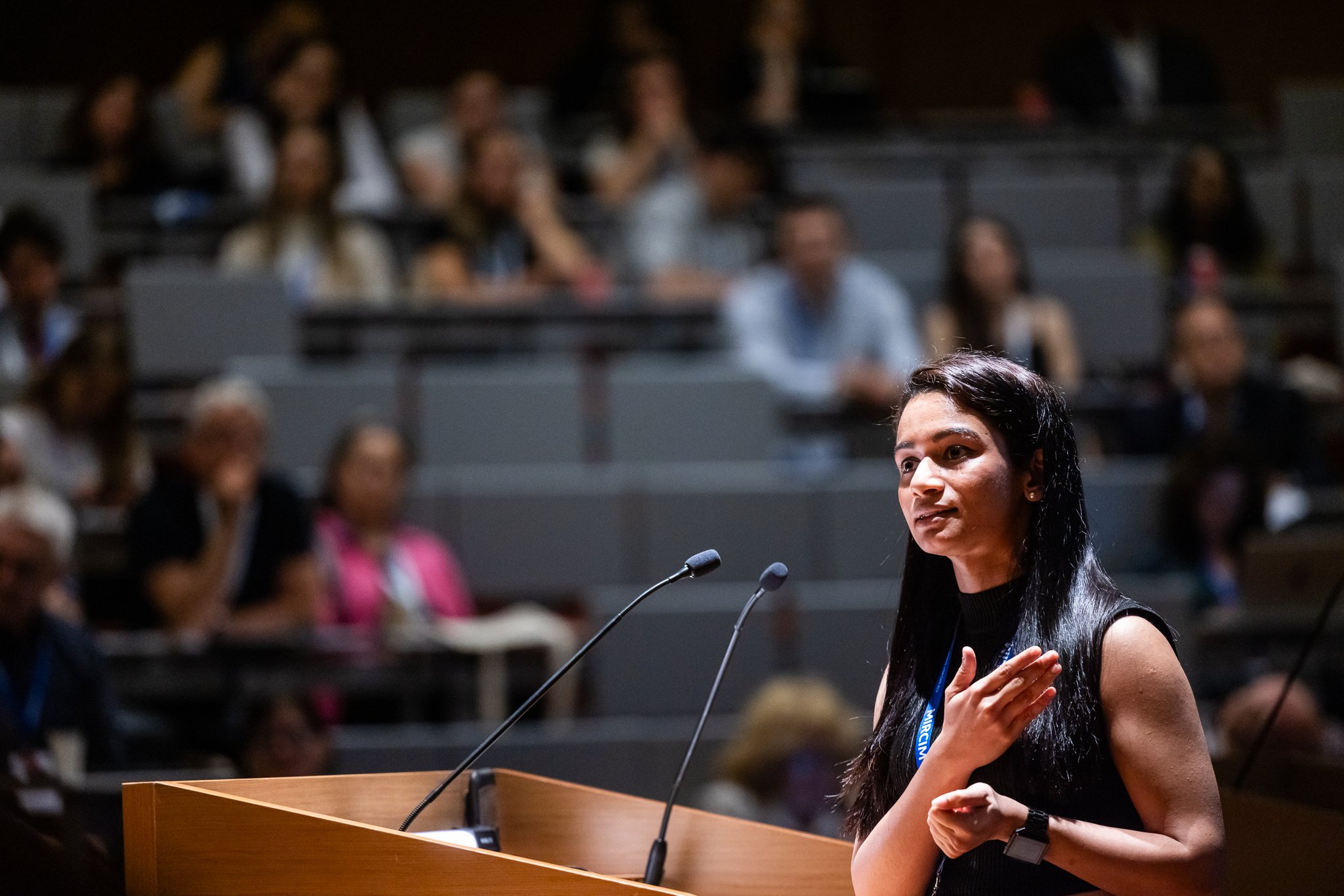
Compete with the most ambitious and talented
young internists
from around the world
- Share your work with a global audience
-
Get feedback from recognized experts
- Win attractive prizes
- Use the event for networking
Kraków, Poland
7-9 May 2026
The Best Case Report Contest is a great initiative. It is a unique opportunity for young clinicians to discuss their cases with world-renowned experts. It's a great event where you can really learn a lot, and others can also learn a lot from you.
Dr Michał Olejarz
Contest participant, Poland
There really have been amazing cases. It's always very humbling as an experienced physician to still find a case that maybe we've only read about in a textbook or perhaps I've never heard about at all, which is slightly terrifying but equally fascinating.
Dr Kerri Baker
Jury member, UK
It's a pretty amazing experience. You get to know a lot of people, you get to know the city, which is actually beautiful. And just when you think you've seen everything, you come here and find all these incredible cases, and you're like, 'I still don't know anything; there's still so much to learn.' That's the nice part about it.
Dr Sergio Bueno
Contest participant, Argentina
The reason why I applied for the conference is mainly because of the important learning points that my case had, which could actually help not only physicians in Europe but also across the world in just managing very difficult cases.
Dr Nisha George
Contest participant, UK
International exposure
Gain recognition on a global stage, presenting your work in front of experts and peers
Fascinating case reports from around the globe
Grand Final and Peer Award Specialty Finals presentations with surprising findings and clinical gems
Attractive awards
Money prizes: €1000 (1st place), €600 (2nd place), €400 (3rd place); publication in the Polish Archive of Internal Medicine, and much more!
World-renowned experts offering a broad perspective
Experts from top-ranked medical universities and research centers sharing their insights and feedback on your case report
Networking opportunities
Connect with your colleagues and faculty from around the world
3 days of intensive learning
Brilliant lectures with clear take-home messages covering key specialties and essential updates (including new CPGs, global trends, and common patterns of practice)
In-person
-
Presentation of case reports in person as short lecture with slides, during Grand Final or Peer Award Specialty Finals
-
Digital poster display on the Young Talents website and venue displays during the event
-
Publication in the Book of Abstracts in the journal Polish Archives of Internal Medicine
-
Certificate of participation in the Contest
-
3-day in-person participation in MIRCIM
Virtual
-
Case reports are evaluated by reviewers based on the abstract, with no option for an online oral presentation
-
Digital poster display on the Young Talents website and venue displays during the event
-
Publication in the Book of Abstracts in the journal Polish Archives of Internal Medicine
-
Certificate of participation in the Contest
-
3-day virtual MIRCIM access
HOW TO SUBMIT
Step-by-step guide
STEP 1
Check eligibility
STEP 2
Prepare your submission
Use clear language and structure
Requirements for case report abstract:
Authors: ≤3
Words: ≤500
Keywords: ≤5
References: none
Figures: ≤3
Tables: ≤1
STEP 3
Obtain endorsement letter
Partner societies can endorse up to 10 case reports, partner universities up to 3
Reports are selected through internal qualification, so check the submission deadline with your endorsing partner!
The endorsement letter must include the title and authors of the case and must be signed by a partner's representative
STEP 4
Choose participation mode
In-person
You present your case report in person during 11th McMaster International Review Conference of Internal Medicine (MIRCIM 2026), as short presentation with slides during Grand Final or Peer Award Specialty Finals
Virtual
For those who cannot participate in person, it is based on submissions only and does not allow to present the case orally
STEP 5
Submit your case
Pay the participation fee for either in-person or virtual mode
Submit your case via the online system
by February 20, 2026
A correctly submitted case guarantees your participation in the contest!
STEP 6
Upload poster & slides
Complete your submission by uploading a poster and slide presentation to the Online System by April 24, 2026.
Grand Final - May 7
6 minutes for presentation
4 minutes for questions/comments from experts
Peer Award Specialty Finals - May 8-9
3 minutes for presentation
2 minutes for questions/comments from experts
STEP 7
Get ready for adventure!
Check visa requirements and request necessary documents from MIRCIM Secretariat if needed
Book your flights and hotel
Practice your case presentation (time limit: 6 min for Grand Final and 3 min for Peer Award Specialty Finals)
See what to expect by browsing our archive of recordings from past editions
Section 1. General Information
1.1. Summary
The Young Talents in Internal Medicine World Contest (“Contest”) is a competition for young internists for the best clinical case descriptions in the form of abstracts, posters, and full case reports.
To take part in the Contest, participants have to be endorsed by a national society of internal medicine or another recognized partner. Partners are listed on the official Contest website (youngtalents.one). Each partner society can be represented by up to 10 submissions. Other partners, such as universities and medical schools, can be represented by up to 3 submissions.
The Contest offers two modes of participation:
- In-person participation: Authors attend an in-person event to present their cases in front of an audience and answer questions from medical experts.
- Virtual participation: Poster display without in-person presentation.
Submissions to the Contests are evaluated by an International Jury. The Jury selects 30 cases to be presented at Grand Final and up to 120 additional cases eligible for Peer Award Specialty Finals. The remaining accepted cases will be displayed as posters only. Cases accepted for Grand Final and Peer Award Specialty Finals are presented during special sessions at the McMaster International Review Conference of Internal Medicine (“MIRCIM”) in Kraków, Poland.
Winners are announced during the Award Ceremony that takes place at MIRCIM. Prizes include certificates, publication opportunities, free participation in medical events, and monetary awards.
1.2. Organizers
The Contest is organized by the Polish Institute for Evidence Based Medicine (Kraków, Poland) and McMaster University (Hamilton, Canada) in collaboration with national societies of internal medicine and medical universities from around the world.
1.3. Goals
This contest has the following key objectives:
- Provide talented young internists from around the world with an opportunity to present in front of their peers and medical experts.
- Enhance competencies of young doctors in the realms of problem-based learning and evidence-based medicine.
- Promote talented young internists from around the world
- Disseminate current medical knowledge through clinical case reports.
- Improve the quality of medical education and health care globally.
1.4. Participants
The Contest is for internal medicine specialists or trainees in internal medicine up to 35 years of age. Students’ submissions will not be considered.
To make a valid submission, a participant must (1) submit their case report during the submission period through the Online Submission System (www.submit.piebm.org) and (2) pay the Contest participation fee. The Organizers do not cover any expenses incurred by participants.
A participant can be listed as the first author of no more than 1 submitted case report.
Authors should provide their ORCID (Open Researcher and Contributor ID; www.orcid.org) if available.
1.5. Participation Modes and Fees
In-person
The in-person participation mode involves presentation of the submitted case reports in person during MIRCIM in Kraków, Poland. Participants are required to pay the in-person participation fee in the amount of €225 by February 20, 2026.
The fee includes:
- Participation in the Contest.
- 3-day MIRCIM in-person participation.
- Certificate of participation in the Contest.
- Digital poster display on the Young Talents website and venue displays during the event.
- Publication in the Book of Abstracts in the journal Polish Archives of Internal Medicine (impact factor, 4.7).
If a participant switches from in-person to virtual participation, the price difference will be refunded, provided the change is made before April 1, 2026. Changes made on or after April 1, 2026, will not be eligible for any refund.
Virtual
The virtual participation mode is for first authors of submissions who cannot participate in the Contest in person. Awards will be given to the 3 submissions with the highest scores from the Reviewers. Participants are required to pay the virtual participation fee in the amount of €95 (nonrefundable) by February 20, 2026.
The fee includes:
- Participation in the Contest.
- 3-day virtual MIRCIM access.
- Certificate of participation in the Contest.
- Digital poster display on the Young Talents website and venue displays during the event.
- Publication in the Book of Abstracts in the journal Polish Archives of Internal Medicine (impact factor, 4.7).
1.6. Representation, Endorsement, Partners
Country Representation
Each partner society can endorse up to 10 submissions in total, including in-person and virtual participants.
Other partners (universities ) are entitled to independently endorse up to 3 submissions.
A maximum of 2 submissions per country can be qualified for Grand Final. The Jury may recommend a third submission based on exceptional merit.
Partner Society Endorsements
Societies of internal medicine interested in becoming partners can contact the MIRCIM Organizing Committee at mircim@piebm.org. Partnership agreements between partner societies and MIRCIM Organizers have to be concluded in writing by February 20, 2026, to be considered valid for the 2026 Contest edition.
Partner University Endorsements
If a participant represents a country without a national society of internal medicine or where the national society of internal medicine is not a partner, endorsement can be provided by a partner university. Each partner university can endorse up to 3 case reports.
Case Report Selection and Endorsement Letters
Reports are selected by a partner society/university (eg, through an internal qualification process). The endorsement letter from a partner must include the case report title and authors and must be signed by a partner representative. See the endorsement template here.
Authors are required to include the endorsement letter from a partner society/university when submitting their case report.
Jury Representation
A representative from each partner society or university that has endorsed at least 1 case report for in-person participation is entitled to join the Jury in person in Kraków, Poland (registration fee and participation in social events will be covered). If there are at least 2 cases endorsed by a given partner, the Organizers will also provide accommodation for the Jury member.
1.7. Reviewers, Jury Members, Experts
All reviewers, Jury members, and nonvoting experts are experts in the field of medicine. A list of reviewers, jurors, and experts will be presented on the official Contest website at www.youngtalents.one in May 2026.
Reviewers
The Organizers will delegate at least 5 reviewers to evaluate all the submitted case reports. Reviewers have the voting rights and select 30 submissions for Grand Final, up to 120 submissions for Peer Award Specialty Finals, and the virtual module winners.
Jury
Up to 5 members delegated by the Organizers and 1 member per partner society/university participating in the Contest. Jury members have voting rights and select winners in Grand Final and Peer Award Specialty Finals.
Peer Jury
Authors of case reports submitted to the Contest will be scoring the presentations in Peer Award Specialty Finals in their respective subspecialty categories. Authors are not permitted to vote on their own submission, but vote for other cases in their category.
Non-voting Experts
Nonvoting experts designated by the Organizers will ask questions and provide commentary following each presentation. Nonvoting experts have no voting rights.
1.8. Assessment and Scoring Criteria
Case Report Review Process
Accepted case reports will be evaluated by reviewers based on the following criteria, each scored from 0 to 5 points:
- Overall clinical interest and educational value.
- Course of the case (methods used to establish diagnosis, relevant treatments and outcomes etc.).
- Uniqueness/novelty.
- Practical and technical aspects of the presentation (clarity, language, figures etc.).
Scoring at Finals
Grand Final
Each Jury member selects their top 5 presentations, assigning scores from 5 (top choice) to 1 (fifth choice). Points are then summed up, and the top 3 highest-scoring submissions receive the 1st, 2nd, and 3rd place awards. In the event of a tie, the Jury will determine the winner through discussion.
Grand Final presentations will also be evaluated by MIRCIM participants, who will have the right to vote for the best presentation. Voting will be conducted via the online MIRCIM virtual platform and will be available exclusively to registered participants (both on site and online). The presentation with the highest number of votes will receive the Audience Choice Award.
Peer Award Specialty Finals
Each Jury member and Peer Jury member selects their top 5 presentations, assigning scores from 5 (top choice) to 1 (fifth choice). Points are then summed up, and the top-scoring submissions receive awards. In the event of a tie, the Jury will determine the winner through discussion.
1.9. Timeline
I. National Preselection and Contest Submissions (until Feb 20, 2026)
Submission must be accompanied by an endorsement letter from a partner (scan/photo uploaded to the Online Submission System). The internal qualification process, including the schedule and submission deadlines, is determined by individual partners and not regulated in any way by the Contest Organizers. →Representation, Endorsement, Partners
Submissions must be made via the Online Submission System by February 20, 2026. Submissions sent by email will not be accepted.
Submissions must include a complete abstract. →Guidelines on Preparing Case Reports
Participants are required to select a participation mode (in-person or virtual) when making the submission. Submission payment must be completed by February 20, 2026. →Participation Modes and Fees
II. Review and Result Announcement (Feb 21 – Apr 1, 2026)
All successfully submitted case reports will be evaluated by Reviewers. →Assessment and Scoring Criteria
The 30 highest-scored case reports submitted by authors participating in person are qualified for oral presentation at Grand Final, and the remaining submissions are qualified for oral presentation at Peer Award Specialty Finals. If one of the Grand Final authors changes their participation mode from in person to virtual, the next highest-scored report will be advanced to Grand Final.
The top 3 highest-scored case reports submitted by authors participating virtually will be given awards and acknowledged during the Award Ceremony.
The presentation schedule will be announced on the Young Talents website by April 1, 2026.
III. Poster and Presentation Uploads (Apr 1 – Apr 24, 2026)
Submissions must be completed by uploading posters to the Online Submission System by April 24, 2026. Authors qualified for a presentation with slides at Grand Final and Peer Award Specialty Finals will be asked to additionally upload their PowerPoint presentations in the PPTX format.
IV. Presentations and Award Ceremony (May 7-9, 2026)
Digital Posters
All accepted case reports will be displayed as digital posters on May 7-9, 2026.
Presentations at Finals
Authors will present their case reports at Young Talents in Internal Medicine World Contest Finals on May 7-9, 2026.
Grand Final: A single session will be held for the presentation of the top 30 submissions.
A case presentation must not exceed 6 minutes, with the number of slides adjusted accordingly. Each presentation will be followed by 4 minutes of questions/comments from the experts and audience.
Jury members will decide on the 1st, 2nd, and 3rd place through voting. →Assessment and Scoring Criteria
Peer Award Specialty Finals: All reports (including 30 from Grand Final) and up to 120 additional will be eligible for Peer Award Specialty Finals. Submissions will be divided into subspecialty categories.
A case presentation must not exceed 4 minutes, with the number of slides adjusted accordingly. Each presentation will be followed by 2 minutes of questions/comments from the experts and audience.
Jury members together with the Peer Jury will assign scores through voting. →Assessment and Scoring Criteria
Categories
- Acute Care and Emergency Medicine
- Cardiovascular Diseases
- Respiratory Diseases
- Gastrointestinal and Liver Diseases
- Endocrine and Metabolic Diseases
- Kidney and Urinary Tract Diseases
- Hematologic Diseases
- Rheumatologic and Immune-Mediated Diseases
- Allergic Diseases
- Infectious Diseases
- Cerebrovascular and Neurologic Diseases
- Oncology and Palliative Medicine
- Other
Award Ceremony
The Contest results will be announced at the Award Ceremony on May 9, 2026. All authors are requested to attend the ceremony. The Award Ceremony will be streamed online.
V. Publication (May 7, 2026 – Dec 31, 2026)
All abstracts, posters, and recorded presentations will be published on the Young Talents website.
The journal Polish Archives of Internal Medicine will publish all abstracts in a book of abstracts and full-length highest-scored case reports (winners of Grand Final and Peer Award Specialty Finals) as individual articles.
Section 2. Guidelines on Preparing Case Reports
2.1. Criteria for Case Reports
Only original unpublished case reports may be submitted.
Case reports should describe an original observation concerning diagnosis, treatment, or both. They should present one of the following:
- Rare conditions.
- Unusual presentation or complications of a relatively common condition.
- A difficult path to diagnosis.
- Cases of high educational value for other reasons.
2.2. Language
The submission—abstract, poster, and, if applicable, full case report—must be in English.
Medical jargon should be avoided.
The use of abbreviations should be limited, with preference for those recognized internationally. Abbreviations should be spelled out at first mention except for those commonly used (eg, ECG).
2.3. Structure
2. Authors’ names (presenting author listed as the first author).
3. Institutional affiliations.
4. First author’s corresponding email address.
5. Introduction (case relevance and importance).
6. Case description:
a) Clinical situation.
b) Course of events.
c) Clinical resolution.
7. Discussion.
8. Conclusions/lessons from the case.
2.4. Abstract
Abstracts are assessed by Reviewers.
Structure: see above.
Number of authors: up to 3.
Length: up to 500 words.
Number of keywords: up to 5.
References: none.
Figures/tables: up to 3 figures and 1 table. High-resolution figures submitted as separate files. Preferred formats are TIFF, EPS, JPG.
2.5. Full-Length Case Report
Full-length case reports are submitted by Contest winners for publication in the Polish Archives of Internal Medicine.
Structure: see above.
Number of authors: up to 3.
Length: up to 1500 words.
Number of keywords: up to 5.
References: up to 8.
Figures/tables: up to 3 figures and 1 table. High-resolution figures submitted as separate files. Preferred formats are TIFF, EPS, JPG.
2.6. Poster
Posters will be displayed electronically (dedicated on-site displays, online).
Size: max. 10 MB
Ratio: 9:16 (vertically)
Resolution: min. 1080 × 1920 px
Format: PDF or JPG
2.7. Slide Presentation
Slide format: 4:3 aspect ratio and 1024 × 768 px minimum resolution.
Presentations must be saved as a PowerPoint PPTX file.
Use standard Windows fonts only (avoid non-standard and language-specific fonts).
Accepted video formats: MP4 (preferred), WMV, AVI.
Presentations have to be run from a laptop provided by the Organizers. No private devices are allowed.
Section 3. Awards
3.1. General Provisions
If a submitted case report has more than one author, the award goes to the first author or a co-author designated by the first author.
All submission authors receive a certificate of qualification for the Young Talents in Internal Medicine Finals.
3.2. Grand Final
- Certificate of qualification for Grand Final.
- Free participation in MIRCIM 2027 online.
|
Main awards |
1st place |
2nd place |
3rd place |
|
Money prize |
€1000 |
€600 |
€400 |
|
Diploma |
Yes |
Yes |
Yes |
|
Publication in Polish Archives of Internal Medicine |
Yes |
Yes |
Yes |
|
Free accommodation (up to 3 days) in Kraków during MIRCIM 2027 |
Yes |
Yes |
|
|
Free participation in 25th European Congress of Internal Medicine (ECIM 2027) |
Yes |
|
|
Audience Choice Award
The presentation with the highest number of votes awarded in the popular vote will receive:
- Diploma.
- Free in-person participation in MIRCIM 2027.
- Publication in the Polish Archives of Internal Medicine.
3.3. Peer Award Specialty Finals
Authors of the highest-scoring subspecialty reports will be awarded:
- Diploma.
- Free participation in MIRCIM 2027 online.
- Publication in the Polish Archives of Internal Medicine.
3.4. Virtual Participation Awards
Authors of the 3 top-scoring case reports who participate virtually will be awarded:
- Diploma.
- Free participation in MIRCIM 2027 online.
3.5. Other Awards
The Organizers reserve the right to announce honorable mentions or other forms of recognition if deemed appropriate.
Need clarification?
Who is this contest intended for?
The contest is intended for early-career professionals—specialists, residents, or fellows in training in internal medicine—who are up to 35 years of age.
Can I join this contest as a student?
No. This contest is for specialists or trainees in internal medicine up to 35 years of age. Students' submissions will not be considered.
Can I present my case report online?
Virtual participation mode is for authors unable to attend the Contest in person. Case reports submitted for virtual participation will be evaluated by Reviewers, and the three highest-scoring submissions will receive awards. However, please note that the virtual mode does allow for oral presentation of cases.
Do I need to pay a fee to join the contest?
Yes. To join the contest, you must pay the participation fee (€95 for virtual and €225 for in-person) by February 20, 2026. Otherwise, your submission will be automatically rejected. The fee includes participation in MIRCIM 2026 (virtual or in-person, respectively).
Can I change my participation from in-person if I am unable to come to Kraków?
Yes. You can switch from in-person to virtual participation, and the price difference will be refunded.
What can I do if there is no partner society from my country?
You can contact a society of internal medicine from your country with a request for an endorsement letter for the Contest.
Societies of internal medicine interested in becoming MIRCIM partners should contact the Organizing Committee at mircim@piebm.org to establish a valid partnership.
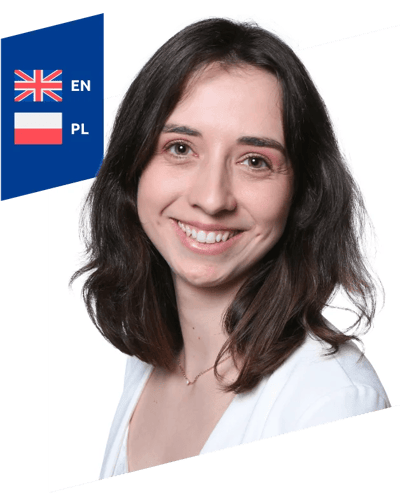
If you need any further assistance...
...talk to our Conference Manager
Marta Pasiut
registration@piebm.org
+48 663 430 239 (mobile or WhatsApp)
Working hours
Mon 12-18 | Tue 9-17 | Wed 12-18| Thu 9-17 | Fri 9-17
Central European Summer Time/UTC+2





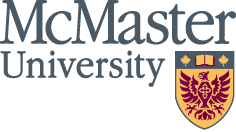
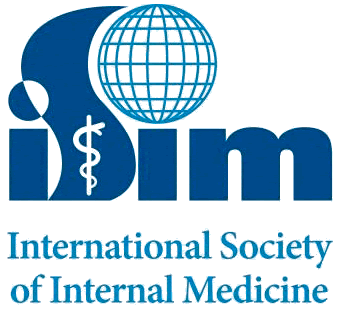
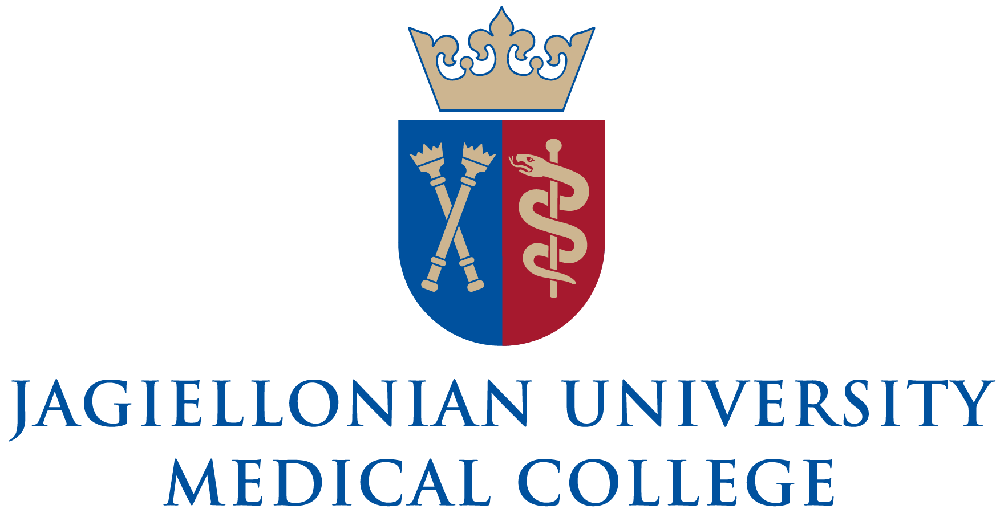






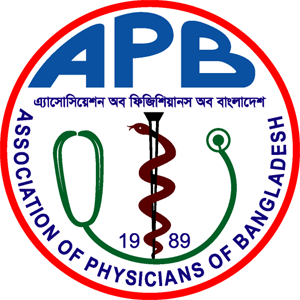
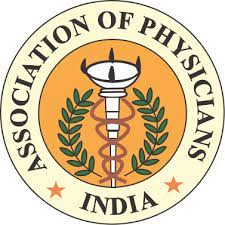

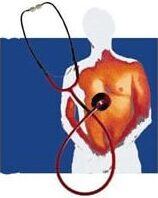

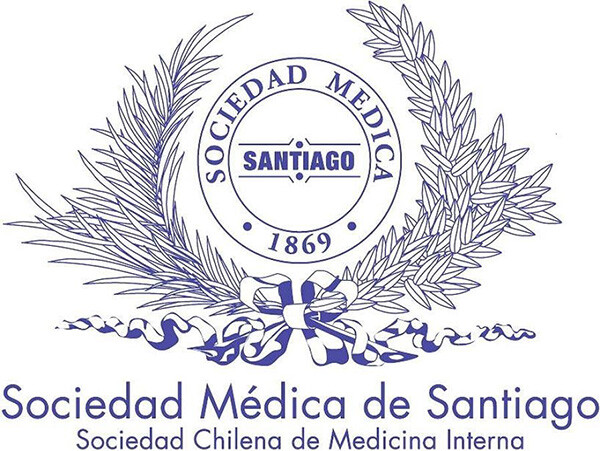
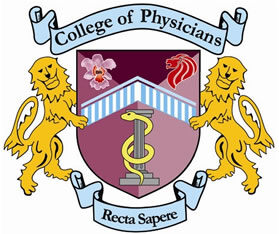
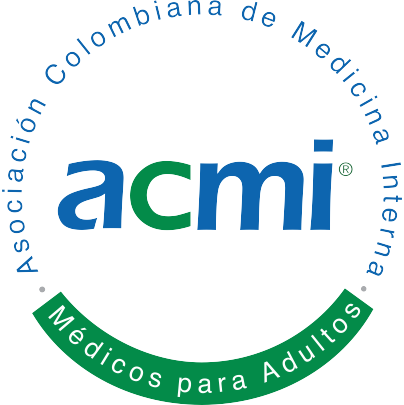


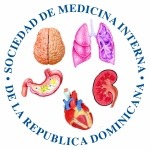



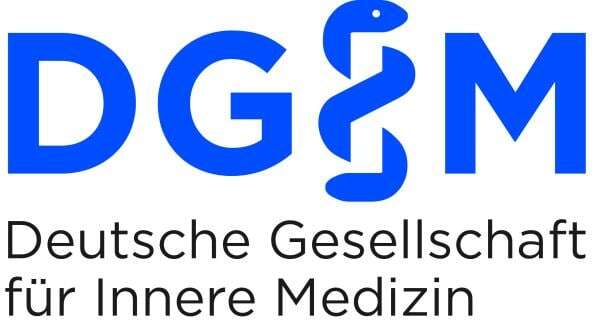
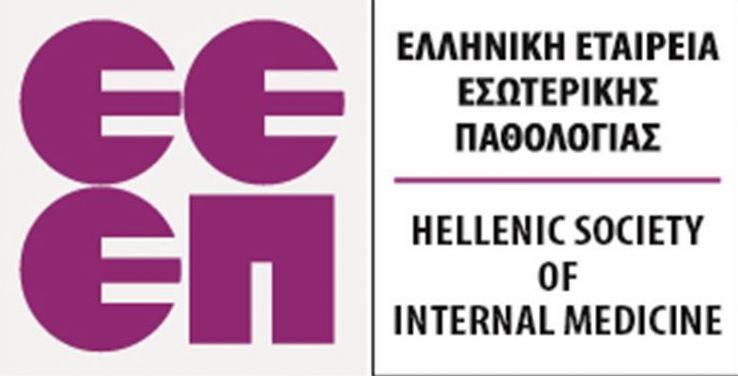
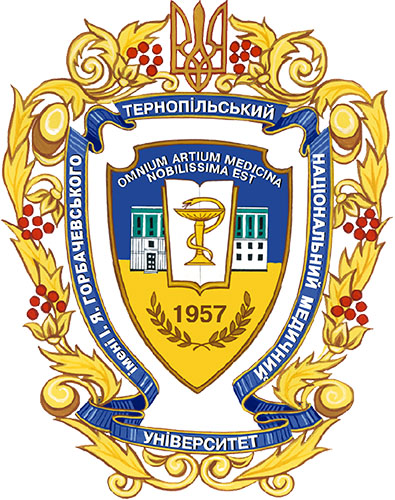
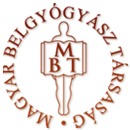
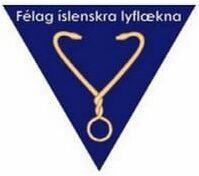
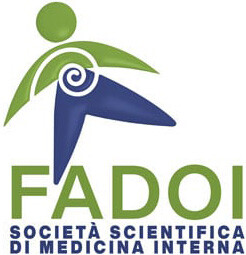



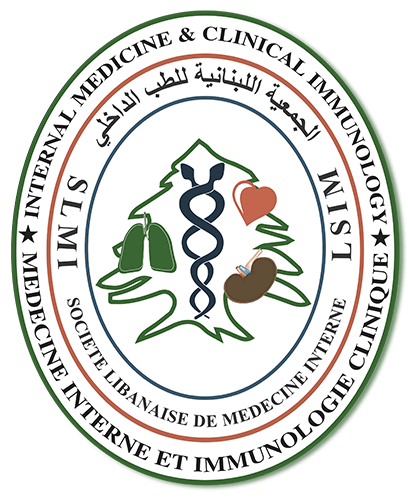
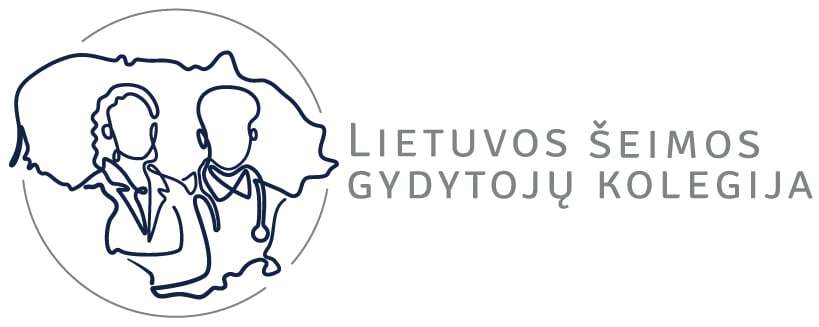

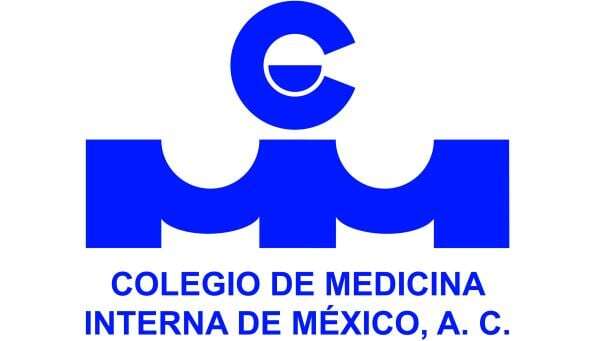
%20-%20logo.png)

